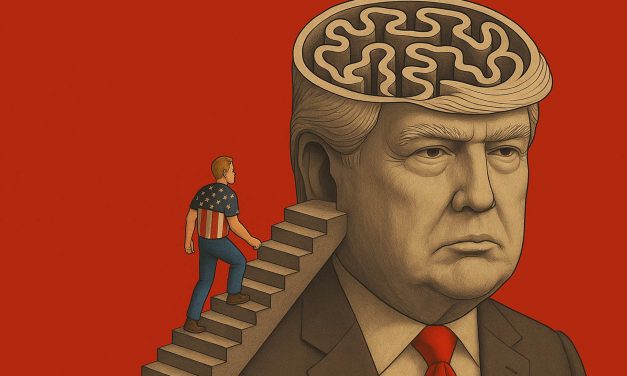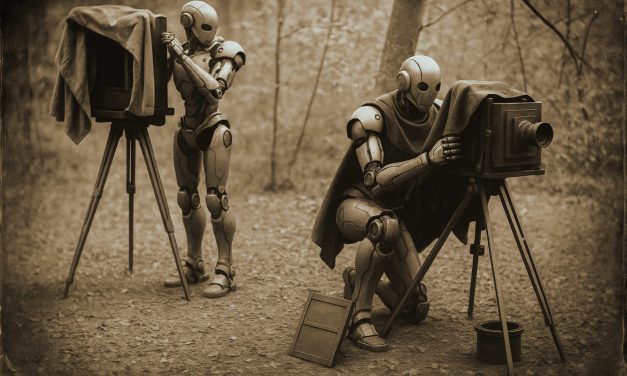When a cult goes mainstream: Inside the toxic psychological engine of Trump’s MAGA movement
With Donald Trump’s return to the White House in 2025, his political base has emerged as one of the most studied and polarizing forces in American political history. Hardened through years of social upheaval, conspiracy rhetoric, and loyalty tests, the voting bloc, known as the Make America Great Again (MAGA) movement, has evolved into a subculture marked by deep emotional identification with Trump, rejection of institutional legitimacy, and a worldview shaped less by shared policy preferences than by a shared sense of grievance and defiance. Journalists, scholars, and political observers have spent years attempting to parse what animates the...
Read More














